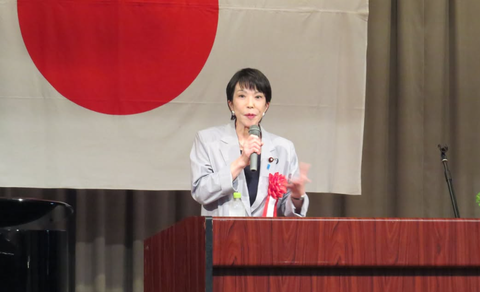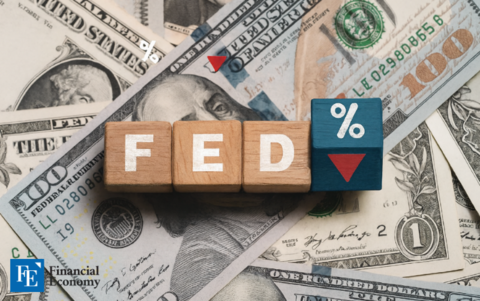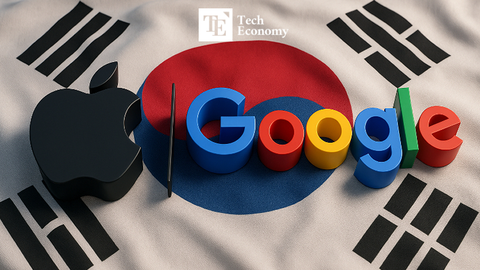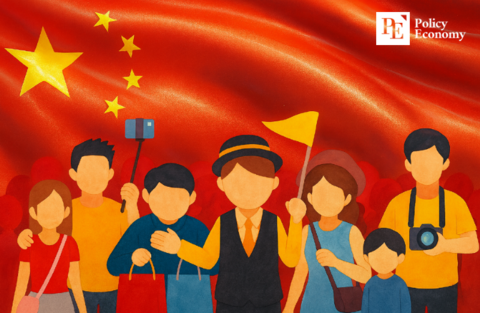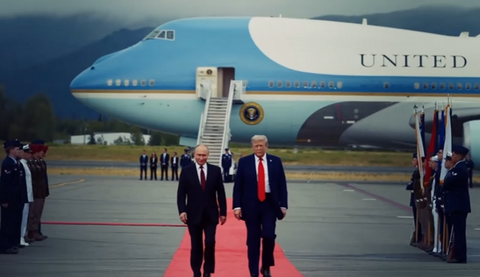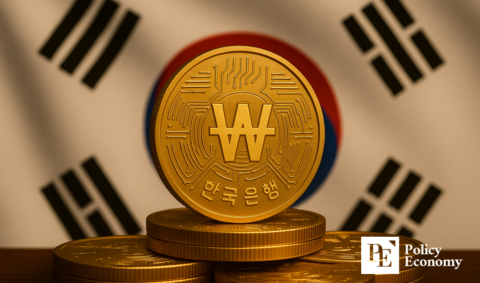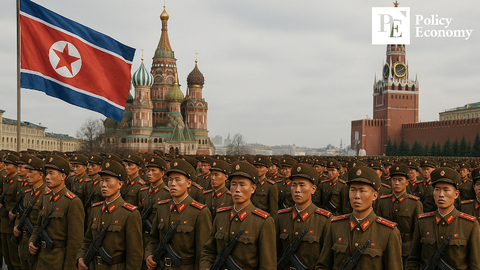Trump Cuts Foreign Aid: “Let Other Countries Spend the Money”
Input
Changed
Trump Shifts Responsibility for Foreign Aid onto the International Community USAID Budget Cuts Trigger Global Disruption Experts Warn: Foreign Aid Reduction Will Weaken U.S. Influence
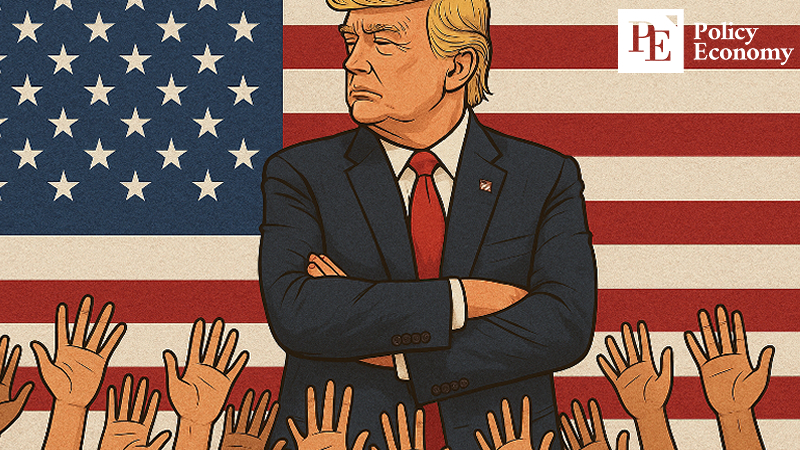
In a stark departure from decades of U.S. leadership in global humanitarian efforts, President Donald Trump has dramatically scaled back American foreign aid, urging other nations to shoulder more of the burden. This policy shift—championed under his “America First” doctrine—not only disrupts the flow of crucial funding to struggling nations, but also raises alarms among diplomats and development experts who warn of its broader implications. While Trump frames the move as a necessary correction to international imbalance, critics argue that the consequences are far-reaching: unraveling critical aid projects, undermining global stability, and eroding America's carefully cultivated soft power.
Trump Shifts the Burden of Global Responsibility
President Trump’s position on foreign aid was made clear on January 21 during a White House summit with South African President Cyril Ramaphosa. When asked about the repercussions of American aid cuts on Africa, Trump responded candidly: “It’s destructive,” before asserting, “I hope more countries will start spending.” He lamented the lack of support from other nations, stating, “The U.S. is always being asked to fund global problems. No one else helps.” He took particular aim at Europe, criticizing it for “not helping” and instead “suing American companies.”
These remarks came amid the Trump administration’s sweeping reductions to the United States Agency for International Development (USAID). The U.S. State Department disclosed plans to eliminate 5,800 of USAID’s 6,200 multi-year contracts—amounting to $54 billion in cuts. Additionally, 4,100 of 9,100 State Department grants were scrapped, saving another $4.4 billion. The targets included key health, education, and development programs that had long defined the U.S.’s role as the world’s leading donor.
Historically, the United States has accounted for at least 38% of the United Nations' global humanitarian contributions. In 2023 alone, the U.S. allocated nearly $61 billion to foreign aid. Given this longstanding role, the Trump administration’s abrupt withdrawal leaves a gaping vacuum, with reverberations expected to extend across the developing world.
From Lifelines to Dead Ends: Aid Cuts Trigger Global Fallout
The consequences of these cuts have been swift and severe. Across continents, communities that once depended on U.S. assistance for survival are now scrambling to adapt to vanishing support. The Mae Tao Clinic, situated near Thailand’s northwestern border, is one of many facilities in crisis. For years, the clinic offered free medical care to Myanmar refugees, backed by USAID funding that covered 20% of its annual budget. Today, it struggles to procure incubators for premature infants and to train essential healthcare workers.
In Mali, a nation already burdened by widespread illiteracy, the literacy and vocational training initiative Shifin ni Tagne has been discontinued. Over five years, this program reached some 20,000 people, delivering vital instruction in local languages and job skills in a country where the illiteracy rate remains around 70%.
Meanwhile, Sudan faces a humanitarian catastrophe. Since civil war broke out in April 2023, over 150,000 people have been killed, and more than 24 million Sudanese now require urgent assistance. The cessation of U.S. aid has not only worsened the country’s financial situation but also disrupted the delivery of basic necessities such as food, medicine, and shelter. Relief workers warn of a worsening crisis as remaining support systems falter under the strain.
Further east, aid-dependent programs are grinding to a halt. In Indonesia, USAID-funded HIV and tuberculosis prevention efforts have been suspended. In the Philippines, educational support systems are weakening due to funding shortfalls. In Vietnam’s Quang Tri Province—a region still scarred by unexploded ordnance from the Vietnam War—mine clearance operations have been put on hold. Laos, too, is affected. An estimated 80 million unexploded bombs remain buried in its soil, yet demining projects there have been postponed due to the withdrawal of U.S. support.
These disruptions are not isolated incidents but part of a broader unraveling of U.S. involvement in global humanitarian and development work. The void they leave behind is already being felt by the world’s most vulnerable populations.
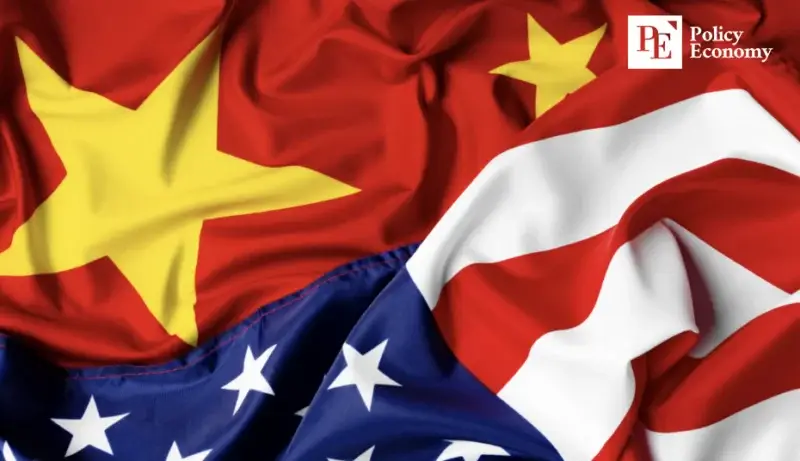
America’s Soft Power Erodes as China Steps In
While the cuts have devastated foreign aid recipients, their geopolitical implications are just as profound. Experts warn that the U.S. is relinquishing its global leadership role to strategic rivals. In a March report titled “Implications of the Trump Administration’s Second-Term Foreign Aid Suspension on International Development Cooperation,” the Korea Institute for International Economic Policy (KIEP) predicted that China would likely step in to fill the aid gap left by the U.S. The report highlights that, with USAID retreating from Asia and other critical regions, Beijing is well-positioned to advance its influence through expanded development assistance.
This prediction is already coming true. On February 5, just days after the U.S. suspended its aid programs, the Cambodia Mine Action Centre (CMAC) announced that China would provide $4.4 million in support over the coming year. Cambodia remains one of the world’s most mine-affected nations due to conflicts between the 1970s and 1990s. China’s swift pledge illustrates its readiness to seize diplomatic opportunities as the U.S. pulls back.
Experts stress that this isn’t just a financial matter—it’s a battle for global trust and ideological influence. Foreign aid, after all, is a vehicle through which nations export their values, build alliances, and strengthen international partnerships. One foreign policy analyst put it plainly: “Foreign aid is more than just financial assistance—it is a means of promoting a country’s values and systems.” He added that while Trump’s approach may save money in the short term, it diminishes America’s soft power, weakens its global standing, and undermines relationships with like-minded democracies.
As the Trump administration doubles down on its aid reductions, observers fear that global leadership in development will shift further toward nations like China and Russia. If the United States continues to retreat from its traditional role, it could forfeit the very influence that made it a central pillar of the postwar international order.

